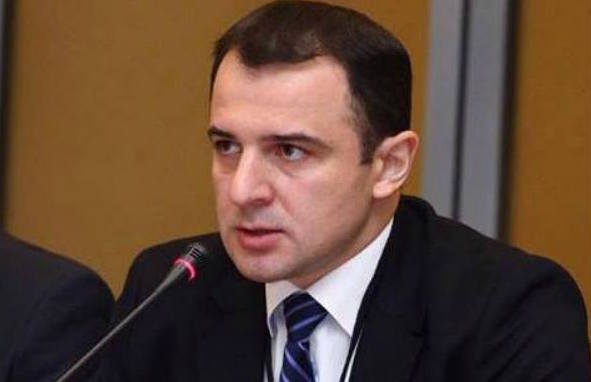In recent years, the representation in Armenia of Turkey and Turkish reality has changed greatly, and the abundance of Armenian news websites has fostered this.
Leading Armenian sites have experts on Turkey on staff, even Turkish-language sections, through which they ensure the access of information to a Turkish audience. Broadcast news outlets also quite frequently and regularly report on news related to Turkey, organize series of programs and films, present Western Armenia, broadcast news from Istanbul, and so on.
Armenia’s Public TV and Radio Company is more specialized, since it has decades of experience in covering Turkey. On social media, there is a Turkey blog, which regularly presents what is actually happening in Turkey. All this is very helpful for professional circles.
In the Armenian media, Turkey is represented as multi-dimensional as possible because we know Turkey better now than we did years ago. Today, the thematic scope has been diversified: along with the traditional topics of the past, the Armenian media today covers the rise of Armenian identity in Turkey, Armenians who converted, and Armenian-Kurdish relations.
| “Armenia needs to have a coordinated way of working with respect to cooperating with Turkish news outlets and developing and presenting to the public the news these outlets publish“ |
The Armenian press in general, especially online media, is quite free in its coverage of Turkey: there is now a different attitude in the media toward Turkey and any Armenian initiative directed toward Turkey.
The brightest example was the Armenian president’s speech [AM] at the UN, with its well-known expressions, and the various discussions surrounding it. There were both criticisms and enthusiastic remarks to “go to hell”. It’s difficult to imagine what would happen if there was a uniform, homogenous mentality: no new idea would be born.
At the same time, recent developments concerning Hasan Cemal showed that in conflict and ambiguous situations the significant majority of news outlets tries to assume Armenia-focused and even nationalist positions, which of course is explainable, but in terms of professional impartiality, it is problematic.
Along with presenting Turkey objectively, the Armenian media often also disseminates misinformation. When news about Armenian-Turkish relations surfaces in the Turkish press, the Armenian press, particularly news websites, at lightning speed begin to circulate it — without attempting to investigate the reliability of that information.
When earlier this year Taraf published news that allegedly [Turkish President Recep Tayyip] Erdogan ordered that the borders will be open by September, the entire Armenian news media was engaged in the task of circulating this news. The news, however, was immediately refuted. There are many such instances.
| “The Armenian press is quite free in its coverage of Turkey: there is now a different attitude in the media toward Turkey and any Armenian initiative directed toward Turkey“ |
This shows that Armenia needs to have a coordinated way of working with respect to cooperating with Turkish news outlets and developing and presenting to the public the news these outlets publish.
This also shows that Armenia has expectations from normalization of relations with Turkey, and there is a demand for coverage of processes related to Turkey.
This is not so in Turkey: the Armenian issue is not at all one of the most important issues for Turkey. Of course a lot has changed in the Turkish press in recent years: for example, if before it wrote the word “genocide” in quotation marks, then in this last ten years, those quotation marks have disappeared (though that was due to special instruction from the country’s leadership).
But the Armenian topic does not dominate the Turkish press. In general, the Armenian issue is not and never has been among the top issues in the Turkish political agenda. It can be said that it is based on the calendar and becomes more active every year in April or because of some political initiative.
And the year 2015, in that sense, might be an exception. In 2015, we’ll see an increase in interest and thematic discussions in both Armenia and Turkey, and in parts of the world with large Armenian communities.
Vahram Ter-Matevosyan
Historian






